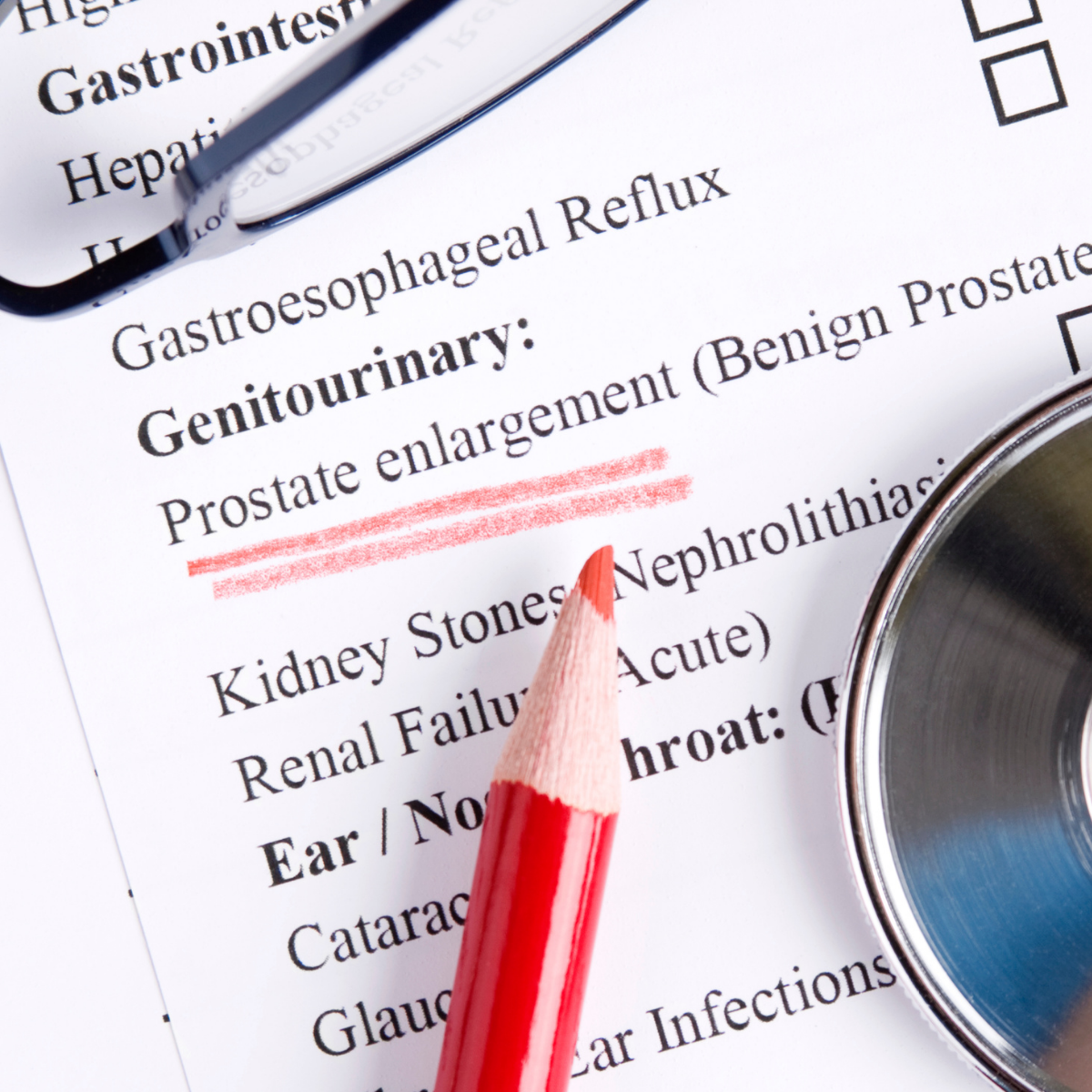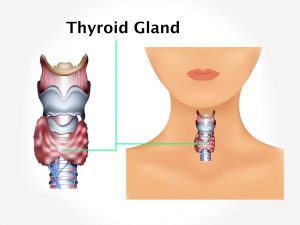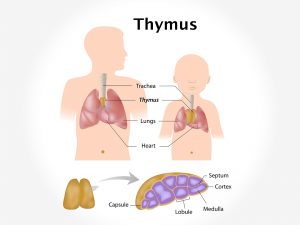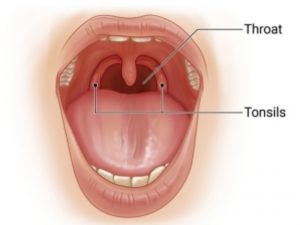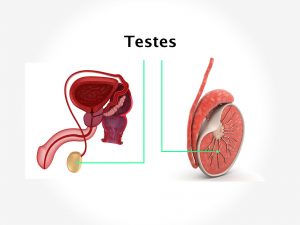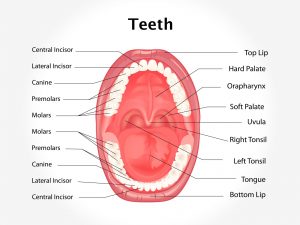Causes and risk factors
The exact cause is not known. Yet the risk factors have also not been identified, however as the age increases the risk for prostatic enlargement increases.
Clinical presentation
As the prostate enlarges it poses pressure in the bladder leading to difficulties in urination. Difficult urination is the cardinal symptom seen. The patients come up with complaints of dribbling of urine, Incomplete and unsatisfactory evacuation of bladder occurs. Pain during micturation or bloody urine is seen. The stream is weak and is slow to start; the patient has to strain to pass urine. The patient has to frequently wake up at night to pass urine. Benign prostatic hyperplasia can lead to certain complications like acute urinary retention. It favours development of urinary tract infection and can also lead to development of stones.
Investigations:
Diagnosis is done on the basis of the symptoms narrated by the patient and the per rectal examination is carried out by the doctor. Certain investigations which are suggested are
post voidal residual volume test, prostate specific antigen, urinary flow test and intravenous pyelogram. Cystoscopy and biopsy are the other investigations which can be done.
Treatment
Certain medications are advised so that it will cause shrinkage of the prostate gland and will cause relief of the urinary complaints. Surgical intervention like transurethral resection or transurethral incision of the prostate can also be done. Open prostatectomy is another method which can be adopted. Certain dietary changes like reduction in fluid intake in evening and moderate consumption of alcohol and caffeine containing products needs to be implemented.
Other modes of treatment:
Certain other modes of treatment can also be helpful in coping up the symptom. Taking into consideration the symptoms in holistic way, homoeopathy can offer a good aid for the relief of the symptoms. The Ayurvedic system of medicine which uses herbs and synthetic derivates can also be beneficial in combating the complaints.
Recent update:
As per the article published in medindia researchers claim that a new nonsurgical treatment called prostate artery embolization (PAE) may ease the symptoms of benign prostate hyperplasia (BPH).
